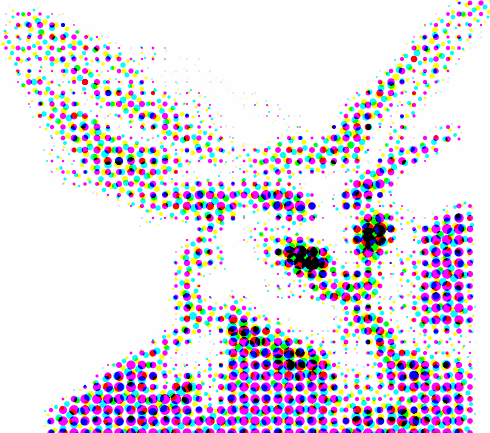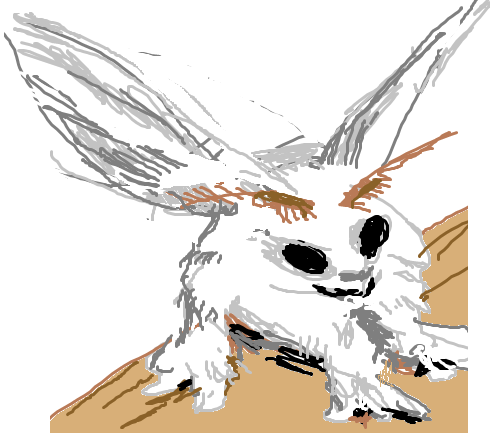
The previous post griped about Ed Halter's use of "our" in his recent Artforum story on Guthrie Lonergan. The years 2006-2009, Halter wrote,
marked, arguably, the cultural apogee of Internet browsing itself, before such pleasures would be challenged by competing activities —- our attentions corralled into mall-like social networks, highwayed over by serial-television bingeing, or processed through a toy box of apps.
This journalistic construction seems to be catching. Here's Scott Timberg, writing yesterday in Salon about the late Neil Postman:
These days, even the kind of educated person who might have once disdained TV and scorned electronic gadgets debates plot turns from “Game of Thrones” and carries an app-laden iPhone.
Culture critic Neil Postman griped in the '80s about how everything was becoming TV, a quirk exploited for propaganda photo ops by a savvy Reagan administration. Timberg lauds that Postman spoke to the falsity of that era without curmudgeonly nostalgia for "the good old days," pre-TV. Desperate to follow this example, Timberg lets "us" know, upfront, that he is right there with the rest of "us" watching Thrones and using apps. But this subtly reinforces a narrative Apple and Amazon would approve of -- that these activities are universal and inevitable.
Today's imaginary Postman might find a way to consider what streaming TV and apps are doing to "us" without wholly embracing a particular consumption lifestyle.
It's tricky to do. Over the weekend a commenter questioned the premises of a GIF with a seemingly incoherent Instagram theme. Must he be an Instagram user to avoid being lumped with Timberg's straw-posse "who disdain TV and scorn electronic gadgets"? Is it possible to comment from the "outside" about slapping Instagram logos on images to make them topical, or even, say, to laugh at consumers who need an "app" to show them how to take and store photos? "We" don't know yet.


